Politics can be a boring topic and while there are moments of drama and tension a lot of it is people in a room discussing minor changes to laws in dull voices. As such it can seem odd that a category of fiction exists called “political thriller” as just how often is politics thrilling?
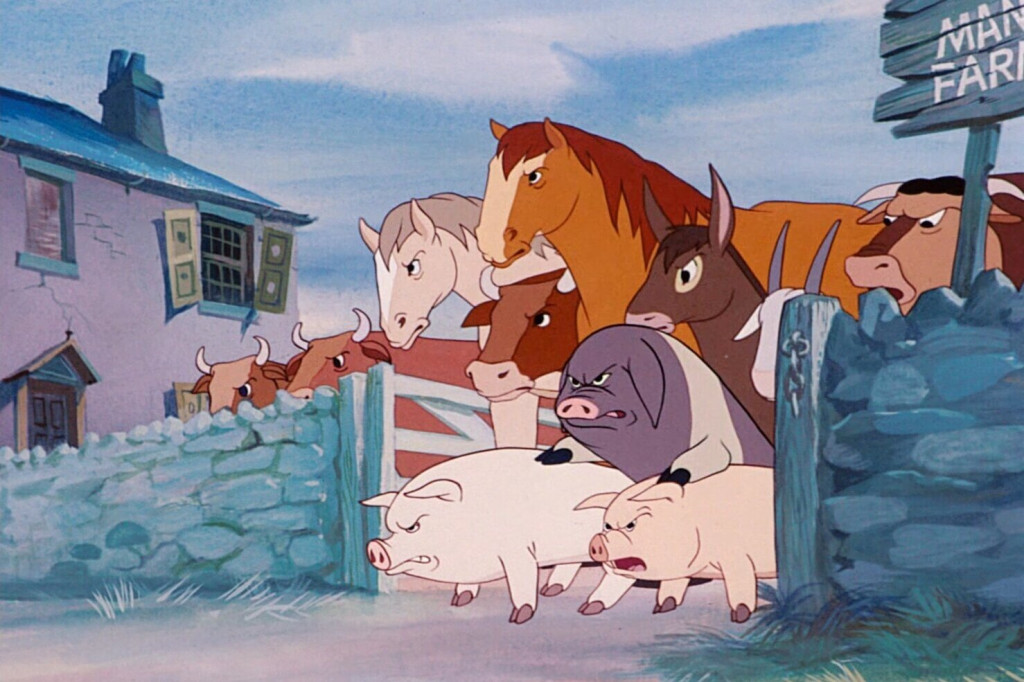
Aside from just being entertaining movies and tv shows often political thrillers have a political agenda – the 1954 version of Animal Farm had heavy involvement from the CIA, pushing an anti-communist agenda. While the book was indeed a criticism of Stalinist Russia, Orwell was a self-declared socialist. But these agendas are not always supporting the establishment, often political thrillers are made to criticise those in power.
All the President’s Men – Power Corrupts
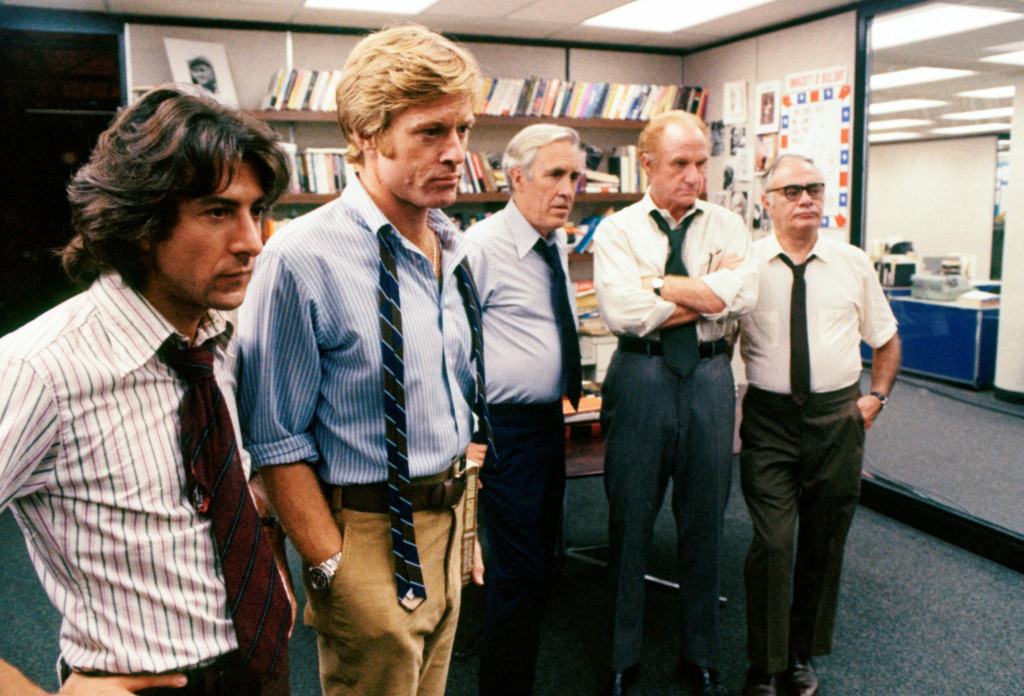
A political thriller worthy of the word thriller is All the President’s Men, covering the Watergate scandal and the investigation by journalists Bob Woodward and Carl Bernstein. As odd as it sounds seeing people sift through records and have discussions with newspaper editors is indeed thrilling. Perhaps not made with an explicit agenda certainly the film is hugely critical of unchecked political power and the necessity of constant oversight. Also pushing the role that journalists can – and should – challenge those in authority and have the power to bring them down. It’s hard to overstate the impact this film had on the genre.
Zero Dark Thirty – The Ends Justify The Means
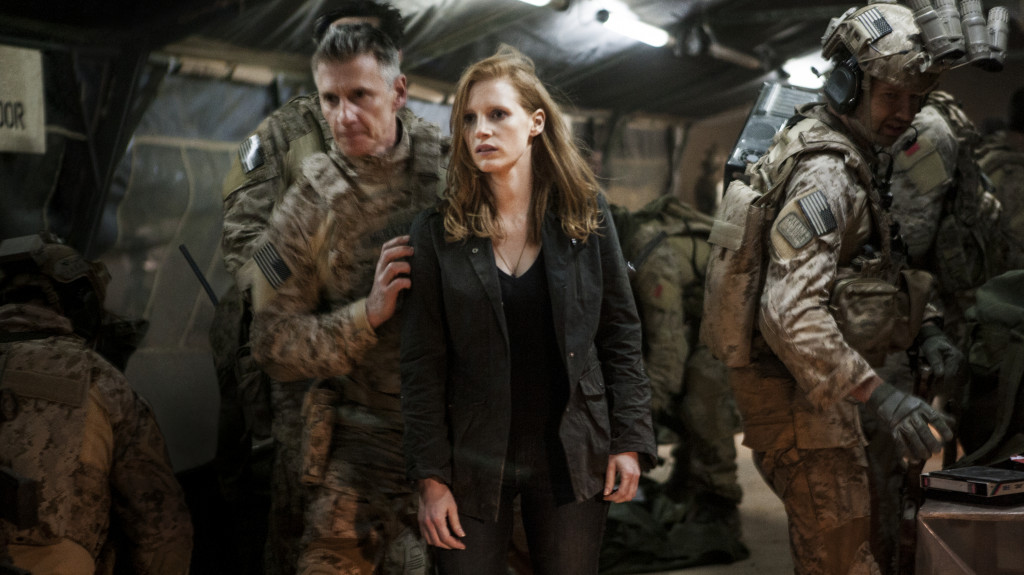
A controversial example is Zero Dark Thirty – a political thriller directed by Katheryn Bigelow and starring Jessica Chastain about the hunt for Osama Bin Laden and the raid that killed him. Already bristling with controversy, many people interpreted the film as endorsing torture, saying that the film suggests that they only found Bin Laden because they had carried out torture on captured terrorists. Obviously, this was an issue very much in the public consciousness, with the rights and wrongs of torture being discussed. Human Rights Watch criticised the film for implying that torture can be a useful, if unfortunate, method of getting information and that it lead to being able to find Bin Laden. Conversely, Centre for American Progress puts forward that the film is more complicated, showing the moral cost of torture and how actually very little useful information was gleaned from it.
Syriana – Influencing The World
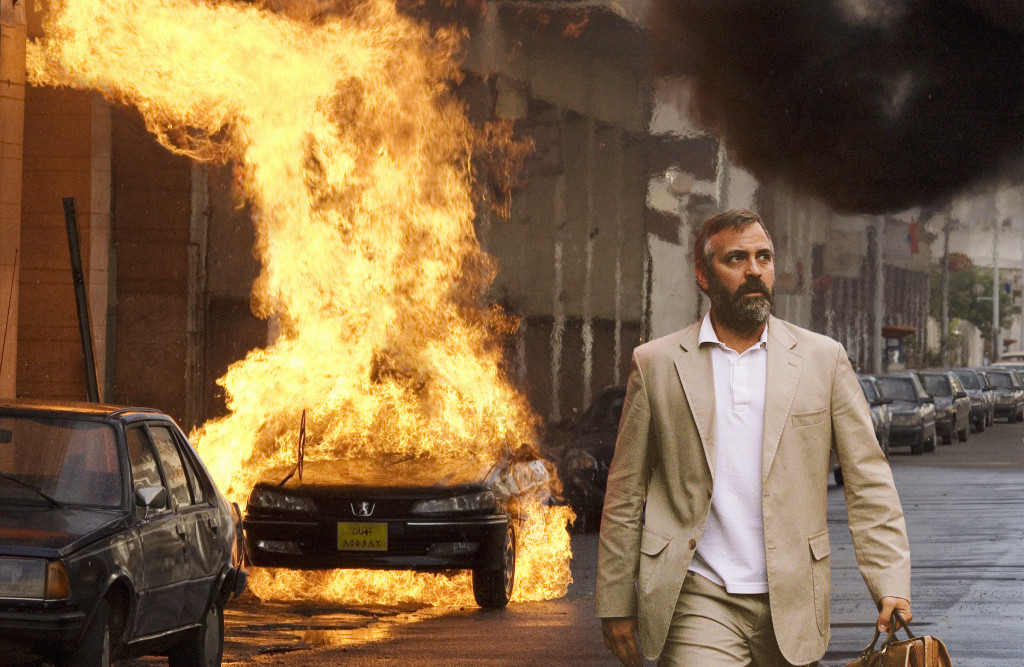
Syriana is an example of a political thriller that has a more left-leaning agenda; the film is set across continents and focuses on political considerations of control of oil in the Middle East. There are several different storylines focusing on companies, the CIA, regime change, torture, assassination and radicalisation. It’s a film that does not show America in a good light, with it using its military, intelligence services and economic might to get what it wants. This was a film very much in the ‘War on Terror’ when America was engaged in two specific wars with much debate about why they were fighting them and how they were fighting them. Taking Syriana as a guide a person would probably come away with a very cynical understanding of the War on Terror.
So what are the responsibilities of filmmakers when making these political films, where as well as telling a story they’re perhaps putting forward a narrative? Often the cinematic portrayal of events is remembered more than the actual history, or even if the events are portrayed accurately a simple shift in tone or perspective affects how the audience understands them. That being said, providing a filmmaker is not making out-and-out propaganda – explicitly putting out a message by the government or other powerful groups to impact public understanding – they should be able to tell a story as they see fit. Whilst I am hesitant about the depiction of torture and its effectiveness in Zero Dark Thirty many people would think of Syriana as being over-the-top in the villainy of America. All filmmakers have a responsibility to think about the film they are making, and the stories they are telling, but I don’t think political thrillers are held to a different standard. Besides, a film doesn’t have to explicitly be about the War on Terror or democracy in America etc to push a narrative, to return to Animal Farm, on the surface it’s just about barnyard animals.
Also Read: Hollywood & The Military: A Special Relationship



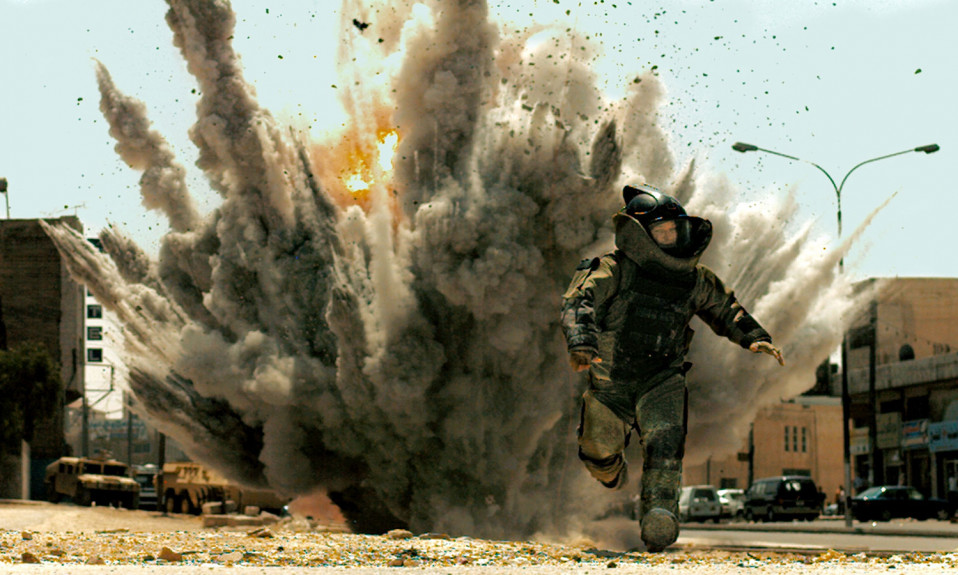









1 Comment
Comments are closed.